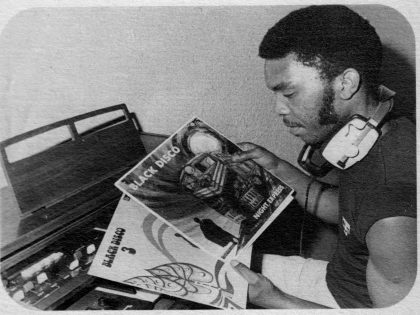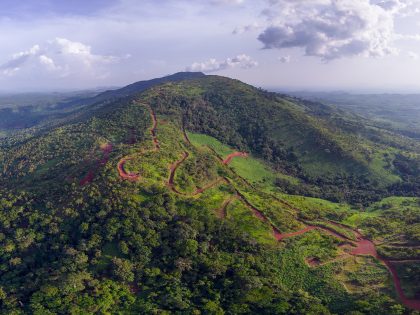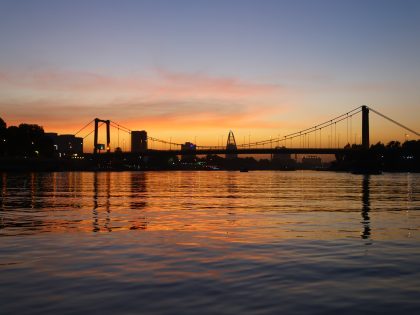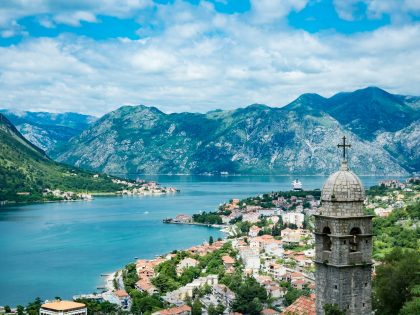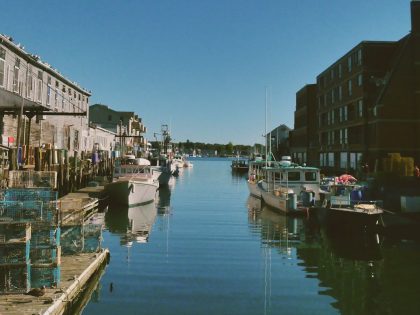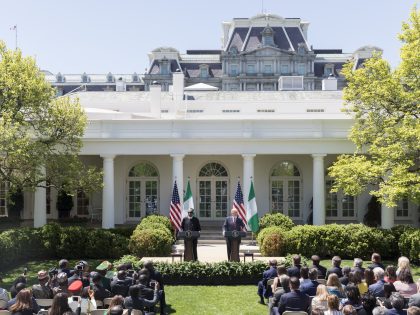Film: “Imagining Emanuel”
Leo Goldsmith and Rachael Rakes, film editors at Brooklyn Rail, write about the documentary film “Imagining Emanuel” (trailer above), which recently played at the Museum of Modern Art’s Documentary Fortnight in New York City:
The displaced man at the center of “Imagining Emanuel” [has a] passivity [stemming] from never having had the smallest thing handed to him, and not expecting any better. Director Thomas Østbye examines Emanuel’s situation in an almost parodically clinical manner that only underscores its hopeless ambiguity. Against a black TV-studio backdrop, Emanuel calmly tells his story of stowing away on a boat to Norway, after first escaping civil war in Liberia as a child, and then eventually losing his mother, his only remaining known family, after relocating to Ghana. In Norway he is immediately delivered to immigration authorities, who not only do not believe his story, but are not able to successfully find out any contradicting evidence. Emanuel has no papers of any sort, and no government anywhere that could corroborate or disprove his identity. He waits, interminably, in in a stifling immigration prison while Norwegian agents oscillate over ways to make him another country’s problem. With no education, no resources, and no ties to family or history, Emmanuel proves as slippery a subject for Østbye’s mock-anthropological approach as he does for the grinding bureaucracies of immigration services, and ultimately … it’s his lack of place that becomes his defining characteristic.










